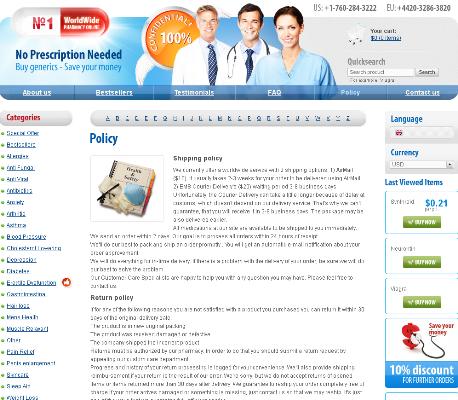Pregnancy and Pepcid: What You Need to Know
Understanding Pepcid and Its Usage in Pregnancy
Pepcid, known generically as famotidine, is an H2 blocker commonly used to reduce stomach acid and manage conditions like heartburn and gastroesophageal reflux disease (GERD). For pregnant women, hormonal changes can increase acidity, leading to heartburn and indigestion. Using Pepcid during pregnancy can alleviate these uncomfortable symptoms. Though generally considered safe, understanding its efficacy and any potential risks is vital for ensuring maternal and fetal health. Below is a summary of Pepcid's primary uses and safety during pregnancy:
| Condition | Effectiveness |
|---|---|
| Heartburn | High |
| GERD | Moderate |
| Indigestion | Variable |
Benefits of Using Pepcid for Pregnant Women

Pregnancy often comes with its own set of gastrointestinal challenges, including heartburn and indigestion. Pepcid, a well-known H2 blocker, can provide substantial relief for these uncomfortable symptoms. By decreasing the production of stomach acid, Pepcid helps to alleviate heartburn, making it easier for expectant mothers to enjoy their meals and get restful sleep. This can be especially beneficial during the later stages of pregnancy when heartburn tends to be at its worst.
In addition to its effectiveness, Pepcid has a long history of use and is generally well-tolerated, which adds to its appeal for pregnant women. It offers a non-invasive way to manage persistent gastric issues without the need for more drastic measures. By reducing acid production, Pepcid allows the esophageal lining to heal and prevents further irritation, thus contributing to the overall well-being of both the mother and the developing fetus.
Potential Risks and Side Effects of Pepcid
While Pepcid is generally regarded as safe for most people, it’s essential to weigh the potential risks and side effects, especially during pregnancy. Some women may experience headaches, dizziness, or gastrointestinal issues such as constipation or diarrhea. Although serious side effects are rare, an allergic reaction to Pepcid, including symptoms like rash, itching, or swelling, may occur. Additionally, long-term use of Pepcid during pregnancy is not well-studied, making it crucial to approach its use with caution. Always consult with a healthcare professional before starting any new medication.
What Research Says about Pepcid during Pregnancy

Recent studies indicate that Pepcid, or famotidine, is generally considered safe during pregnancy, primarily when used for short-term relief of heartburn and acid reflux. Researchers have not found significant evidence of congenital disabilities or adverse pregnancy outcomes directly linked to Pepcid. Despite this, the consensus among medical professionals is to employ caution due to limited large-scale studies. Additionally, the minimal systemic absorption of Pepcid contributes to its favorable safety profile, making it a common recommendation by healthcare providers. Nevertheless, it's critical to evaluate each case individually, as the benefits should be carefully weighed against potential risks—a task best handled in consultation with a doctor.
Safe Dosage of Pepcid While Expecting
When it comes to managing heartburn or acid reflux during pregnancy, finding a safe and effective solution is crucial. Pepcid, a commonly recommended medication, falls under the category of H2 blockers which help reduce stomach acid production. But knowing the correct dosage is essential to ensure the safety of both mother and baby.
The typical dosage for Pepcid in pregnant women is usually 20 mg administered twice daily. However, it is always best to consult your healthcare provider, as individual needs can vary. A doctor can tailor the dosage to your specific condition and overall health, ensuring it aligns with the broader context of your pregnancy care.
Here is a quick reference table regarding the safe dosage:
| Medication | Dosage | Frequency |
|---|---|---|
| Pepcid | 20 mg | Twice Daily |
It’s important to follow your healthcare provider's guidance when taking Pepcid while expecting to minimize risks and optimize benefits.
Consulting Your Doctor before Using Pepcid
Before incorporating Pepcid into your pregnancy wellness routine, it is crucial to consult your healthcare provider. Your doctor can evaluate your specific health needs and help you weigh the benefits and potential risks associated with Pepcid. A medical professional's guidance ensures that any underlying conditions or potential drug interactions are taken into account. Remember, every pregnancy is unique, and individualized medical advice is essential for maintaining both maternal and fetal health. Trust your healthcare provider to offer the safest and most effective treatment options.

